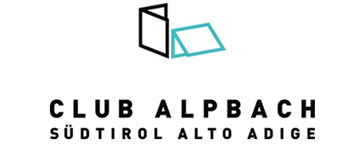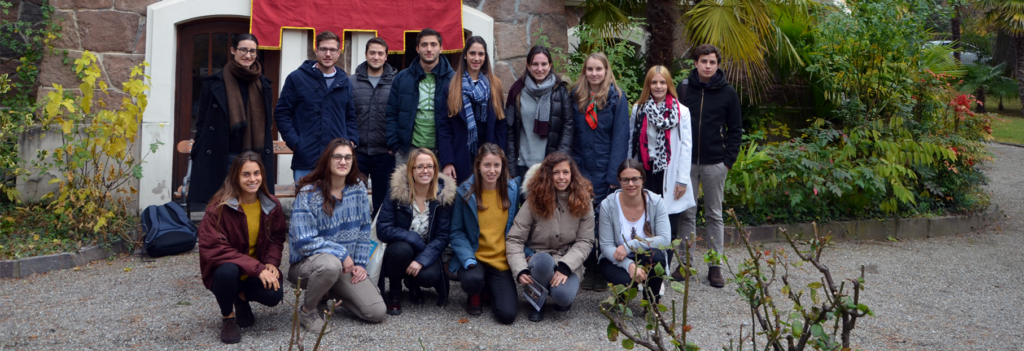How can we define „Sustainability“? What are the strategies for societal change, towards new conceptions of normalities? Which impact does the Paris Climate Agreement have in this context? And which role do human rights play when discussing food production? The speakers at the Conference on Sustainable Food Production in Meran/o on the 23th of November 2017 opened a lot of questions and invited the participants to consider various approaches concerning uprising challenges in the field of food production.
CASA looks back to a successful cooperation with EUPHUR – Euregio Platform on Human Dignity and Human Rights, working together to provide scholarships for students to take part in the debate. A long and intense conference day gave them the possibility to listen to internationally renowned experts, but also to interact and share their opinions with an interdisciplinary audience.
The morning session started with an input on economic aspects in the sustainability debate, presented by Friedrich Glauner (Global Ethic Institute of the University of Tübingen). He highlighted the paradox of destructive wealth creation as a consequence of the logics of economy. In addition, he analyzed two reasons why societies collapse: inequality and resource depletion. On the other hand, Felix Ekardt (Research Unit Sustainability and Climate Policy – Leipzig) focused on the impact of human rights on the field, trying to give a definition of sustainability and bringing the attention to the Paris Agreement and its challenges. Also, he proposed to consider behavioral sciences in the debate for societal change. A daily life marked by regular flights, cars, and the usual steak for lunch – why do people still consider it as normal? How can we change these habits?
After a short coffee break, Andreas Exenberger (University of Innsbruck) gave some insights into the challenges of global food security, concluding that there is enough food to feed all, but asking instead whether there is enough employment on the job market out of the agricultural sector.
Often, though, it is the local government to have the capacity to drive the agenda in a more effective way. So, in the afternoon, Peter Defranceschi (ICLEI – Local Governments for Sustainability, Brussels) presented several best practice examples of public procurement strategies towards sustainability in European cities like Vienna, Munich, Malmö etc. While in Copenhagen almost 100% of food provided in school canteens is organic today, the city of Rome managed the introduction of “veggie days” promoting them as “mediterranean diet”.
Cuno Tarfusser, head of EUPHUR, closed the conference underlining his positive experience of the participation of the younger generation discussing topics of international relevance like this one. What will remain after the conference? Certainly an incentive for all the participants to overthink their attitude towards food production and the management of a sustainable lifestyle in general. One might start questioning his personal commitment – „If you want to buy a glass of milk, do you buy a cow?“ – and opt for a car sharing alternative rather then buying an own car.


 Italiano
Italiano